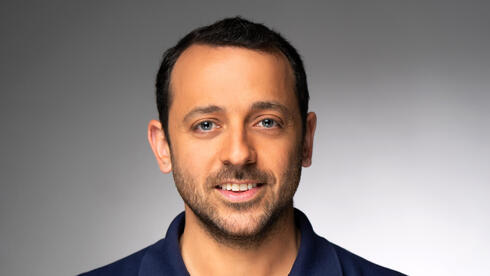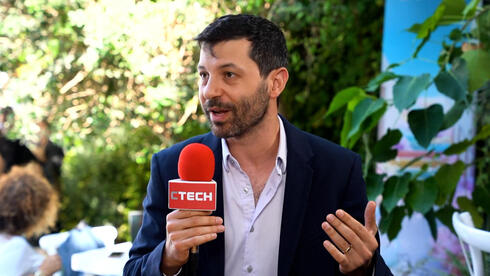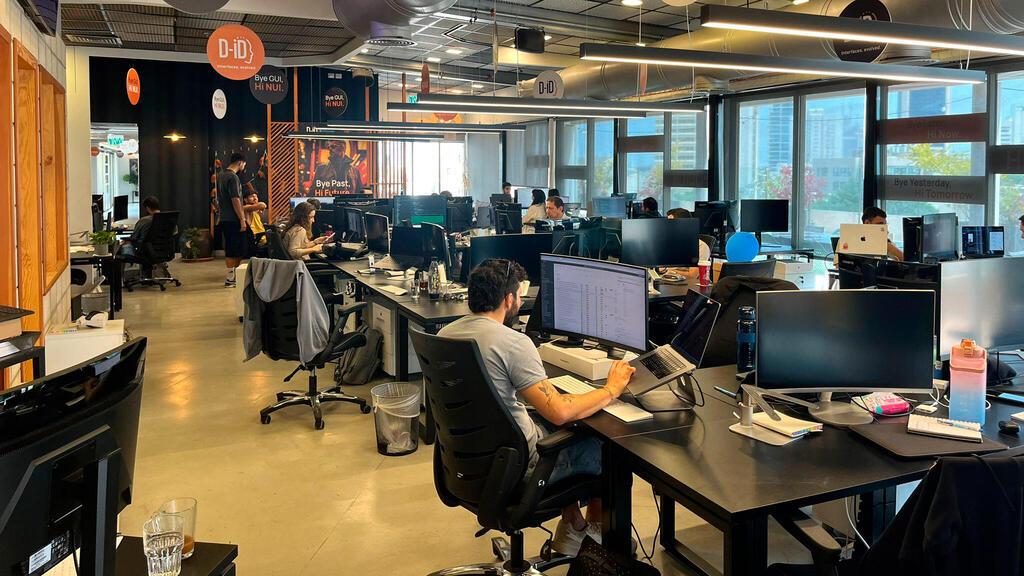
“AI startups cannot compete with Zuckerberg on salary, but they can offer meaning and influence”
As competition for AI talent intensifies, Israeli startups are turning to equity, mission, and impact to lure scarce developers away from tech giants offering multimillion-dollar packages.
High-tech companies are sparing no expense to “hunt” the unicorns of the labor market: AI developers. In Israel, where the number of engineers with artificial intelligence expertise is far below market demand, companies are offering highly creative employment and retention packages, including signing bonuses equivalent to three months’ salary, rent subsidies, and even upfront grants of 70,000 shekels for university graduates.
Currently, there are roughly 2,400 open AI positions in Israel, most requiring three or more years of experience, according to a report by the Israel Innovation Authority. Globally, as in Israel, the supply of AI talent is insufficient to meet a rapidly evolving market, creating intense competition over the available pool of engineers.
“Unlike cyber, where the army builds talent infrastructure and supports new companies, in AI we do not have this, and therefore a significant shortage has arisen. AI researchers and developers can come from academia or industry, from practical experience, and there simply aren’t many of them,” says Aviv Yones, VP of HR at Team8. “The most sought-after candidates have both research and professional experience. Companies are competing for a very small talent pool, which we all experience when recruiting specialists in the field.”
According to her, the competition pushes companies to offer attractive terms, but many engineers ultimately make decisions based on significance and exposure at the forefront of technology.
Among the tech giants, high-profile battles for talent have led to unprecedented offers. Meta acquired Alexander Wang’s startup for $14 billion to secure the founder and offered up to $300 million for top engineers. OpenAI sought to lure talent with $100 million signing bonuses, while Google offered Varun Mohan of Windsurf a $2.4 billion compensation package.
In Israel, the demand for experienced AI developers has accelerated recruitment processes. “There is exceptional demand for developers with AI experience, so when meeting a candidate, companies aim to complete the process quickly, so competitors do not hire them first,” says Ronen Pinhasov, CTO at Enso. “For traditional developers, recruitment may involve one meeting per week with closure in a month. For AI engineers, companies hold 2–3 interviews per week to close in two weeks. If you don’t move fast, you lose them, especially to well-funded startups or high-tech corporations.”
Junior AI engineers earn 10–15% more than traditional developers, and at senior and managerial levels, the gaps can reach 20%. Growing startups with significant funding offer 15–30% higher salaries, while big tech giants offer salaries of 70,000–80,000 shekels per month.
“Being a traditional developer has become a worn-out niche. Developers with AI capabilities are the hot commodity. Beyond salary, it’s about better office conditions and a prestigious title. Recruitment must make candidates feel needed, showing they are not just a cog in the system,” Pinhasov explains.
The current demand mirrors the rise of DevOps developers, when software engineers recognized future trends and retrained. “It’s similar in AI. Almost everyone who touches machine learning, even partially, now defines themselves as part of the field. True experts are still rare, but we are clearly on our way there,” says Liron Prizant, VP of HR at Agmatix, ICL’s startup company.
She adds that fear of missing out (FOMO) is evident: companies without an AI component may appear left behind. Her firm is recruiting a Data Engineer with practical AI experience. “High-quality talent, especially in innovative fields, values not just high salaries but also comprehensive benefits, including signing bonuses, annual bonuses, equity options, and additional perks reflecting their high value,” she says.
Salary offers for AI specialists have increased 30–40% over the past year. “Companies are offering extraordinary incentive packages, including signing bonuses up to 500,000 shekels, rent subsidies of up to 80%, and retention bonuses after one year,” says Uzi Baruch, managing partner at RealNumbers, which provides CFO services to high-tech companies. He explained that the high demand has increased signing or retention grants by 20–30%, typically amounting to one to three months’ salary, reflecting a 20% increase from last year.
However, he notes, “Incentives such as rent financing and half-million-shekel grants are only offered by companies that have recently raised substantial capital.”
The frenzy surrounding AI recruitment is natural in any emerging field, but the market is not yet seeing massive replacement of employees with AI specialists, says Sharona Mizrahi, HR and recruiting specialist at Blumberg Capital.
According to a Harvard study of 250,000 companies on AI’s impact, artificial intelligence has led to a 23% decrease in junior positions and a 14% increase in senior positions. While the process is only beginning, there are still too few AI experts in Israel and globally.
“The real challenge for young startups isn’t competing with giants like Meta on salary levels, but motivating candidates through meaning and influence. AI experts want impact, partnership, and the chance to invent the next big thing,” says Mizrahi.
“When candidates connect with the founding team, a commitment forms based on a sense of mission, not just a career. This is the real opportunity for entrepreneurs: not merely offering a job, but inviting partners to create something new.
Compensation models are increasingly creative, using consulting or equity to gradually integrate talent into full-time roles. “Young entrepreneurs cannot match Zuckerberg on salary. They can, however, offer meaning, partnership, and influence, this is the true currency in startups,” adds Mizrahi.
BridgeWise, for example, avoids extravagant grants. Or Eligula, founder and COO, says, “Our philosophy is long-term partnerships. Instead of one-time signing bonuses, we offer competitive salary, meaningful equity, and real opportunities to influence how millions of investors make decisions in capital markets.”
Startups’ ability to attract AI talent comes not only from compensation but from being at the forefront of technology. “Young companies work with the most innovative technology, making it easier to attract people who care about impact and meaning,” says Yones.















